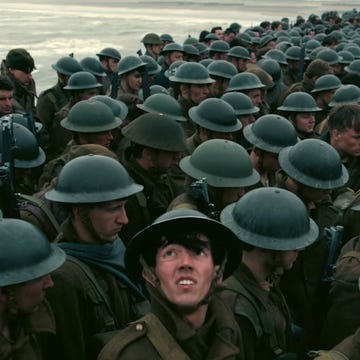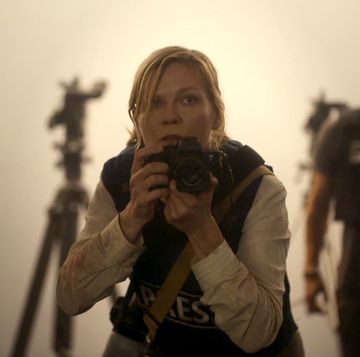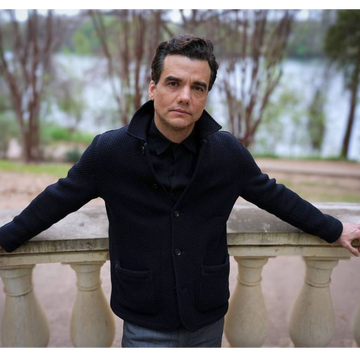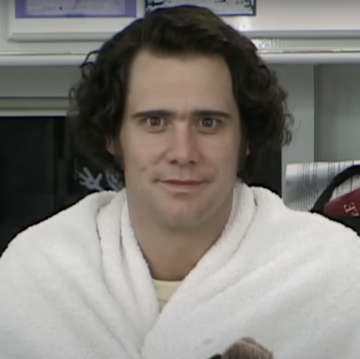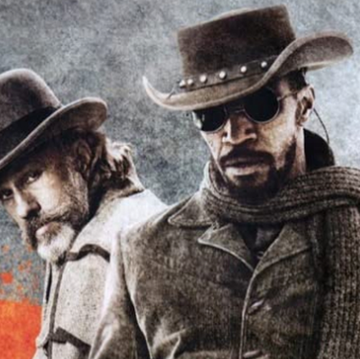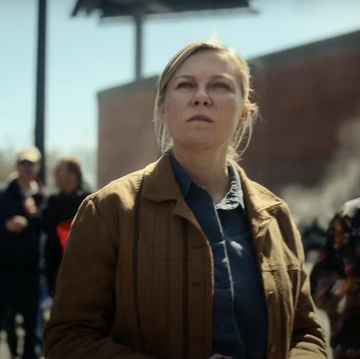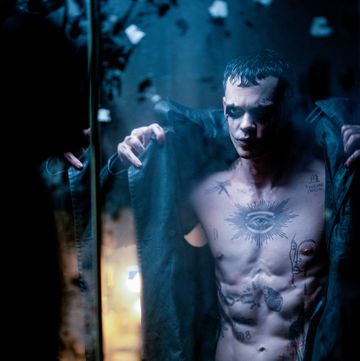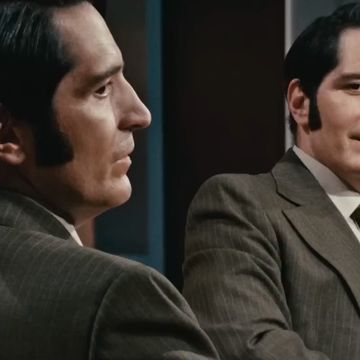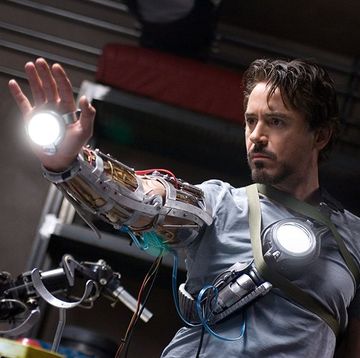In 1999, we were at the cusp of a new millennium, and no other medium prognosticated what was to come more than movies. The rise of digital and the phasing out of film began around this period, making the penultimate year of the 20th century not only a revolutionary year in cinema, but also the last great year of movies, collectively, in the past 15 years.
So many influential titles came out in 1999: Fight Club, The Matrix, American Beauty, Run Lola Run, Go, Boys Don't Cry, The Sixth Sense, American Pie, Three Kings, Election, Being John Malkovich, Magnolia, The Blair Witch Project, and Office Space, to name a handful. What all these films have in common is the craftsmanship of fresh, talented directors who left traditional filmmaking behind to tinker with newfangled narratives and effects.
In November of 1999, Entertainment Weekly published an article by Jeff Gordinier stating, "Someday, 1999 will be etched on a microchip as the first real year of 21st-century filmmaking. The year when all the old, boring rules about cinema started to crumble." Boy, was he right.
Tom Tykwer, the director of German film Run Lola Run, says in the piece, "You are seeing films that are so perfect you don't even connect to them anymore. A film like Malkovich is an invitation to do something completely different. Even The Matrix, because it still serves all of our traditional desires in cinema, but it plays with your mind in a very strange way. Ten years ago, I don't think people would have even been ready for it."
We are in many ways worse off now than we were 15 years ago as a culture. We seem to have run out of original ideas. On the list of top-grossing 1999 films in the U.S., there isn't a single superhero film, and most of the films are from original scripts, not established source material. The Matrix, which created "bullet time" special effects, influenced films like Inception, and rebooted existential sci-fi films, was made from a completely original script, not a comic book. The Sixth Sense, the second-highest grossing film of 1999, was an authentic concept that gave a new life to twist endings.
Of all the filmmakers who made ripples in the Class of '99, only Malkovich's Spike Jonze still really makes avant-garde-ish films. Her won him a Best Screenplay Oscar this year for its spot-on depiction of how lonely our lives have become. That's not to say there's been a complete dearth of originality in the past decade, but most films, at least studio films, don't speak to our current state like the films of 1999 did.
What came to the forefront in '99 was the advent of more feverish editing and nonlinear storytelling. For instance, Doug Liman's Go uses a Rashomon-like structure, with quick splices, bright colors, and electronic music, to tell a fairly straightforward story of teens getting mixed up with a drug dealer. Run Lola Run experimented with a video-game formula of a woman trying to save her boyfriend's life, but within the three sequences of the movie, something derails her and changes her outcomes. You could say a movie like Edge of Tomorrow would not have existed without Lola's gumption.
Then there's The Blair Witch Project, which turns 15 this month. Witch wasn't the first film to use found footage as a storytelling device, but it was the first one to take it mainstream. Is Blair Witch a great film? No, but it made us quail in fear simply because no one had seen anything like it at the time (and those pre-True Detective devil traps are pretty freaky). Of all the found-footage genre films — yes, this is now a subgenre of horror, thanks to Blair Witch's incredible profit — it is by far the best. Back in 1999, a movie with a webpage was a new gambit. No one knew what to make of it: Was it a documentary? Or was it a fictional film? Those who saw it in the theater were met with wobbly handheld cameras that made the audience so nauseous, some of them hurled in the aisles. Today, through YouTube clips and smartphones, we've become desensitized to those herky-jerky nuances. Another ingenious thing about the film: The so-called "witch" never reveals itself. It may have been one of the first moments in modern horror cinema when the villain never appears. At all. The movie fked with our minds so much, many of us really did think Y2K's purported end-of-the-world threat would manifest and kill us. With the help of Witch, camcorder sales spiked over 800 percent from 1998 to 2000, and now filmmakers could make films on a shoestring budget and edit their movies on a laptop.
Sure, low-budget films started to look better, but they tended to lack a strong narrative. "I think there's going to be this wonderful, explosive glut of mediocrity," future Moneyball filmmaker Bennett Miller told EW in '99. "It's going to be horrible. You know, big ideas without a lot of preparation. The technology invites a certain carelessness, because it's easy to let your guard down and not be disciplined."
Besides the technological advances, in 1999 we had a score of male-orientated films that gave us a peek into what life in the 21st century could be like. Fight Club, American Beauty, and Office Space depicted the American male eschewing societal norms and sometimes literally fisticuffing against consumerism, suburbia, and complacency. Fight Club, a pervasive commentary on machismo at the end of 20th century, was such a bellwether that it possibly foreshadowed 9/11 and the 2008 financial crisis. Fight's pugilist-anarchist Tyler Durden taught us that it was better to feel anything but numb, and how males had no future; as a result, it made them schizophrenic. On the contrary, Kevin Spacey's Lester Burnham initially feels a lot like Durden, but at the end of the film he pacifies his life — but death seals his fate. These films, along with Paul Thomas Anderson's Magnolia, posited that beauty could be found where least expected — like in a plastic bag floating in the wind — and we all should lead more meaningful lives. But have we led more meaningful lives since then?
In 2014, TV has usurped film, a sea change that began in '99 when The Sopranos bubbled to the surface, soon followed by American Beauty writer Alan Ball's creation of Six Feet Under. With the budget gap between studio films and indie films increasing and middle-budgeted films barely extant, what will filmmaking be like in 2019? The future is now the past. Nineteen-ninety-nine came and went with a flourish, and what came after was as overhyped as Y2K paranoia.



